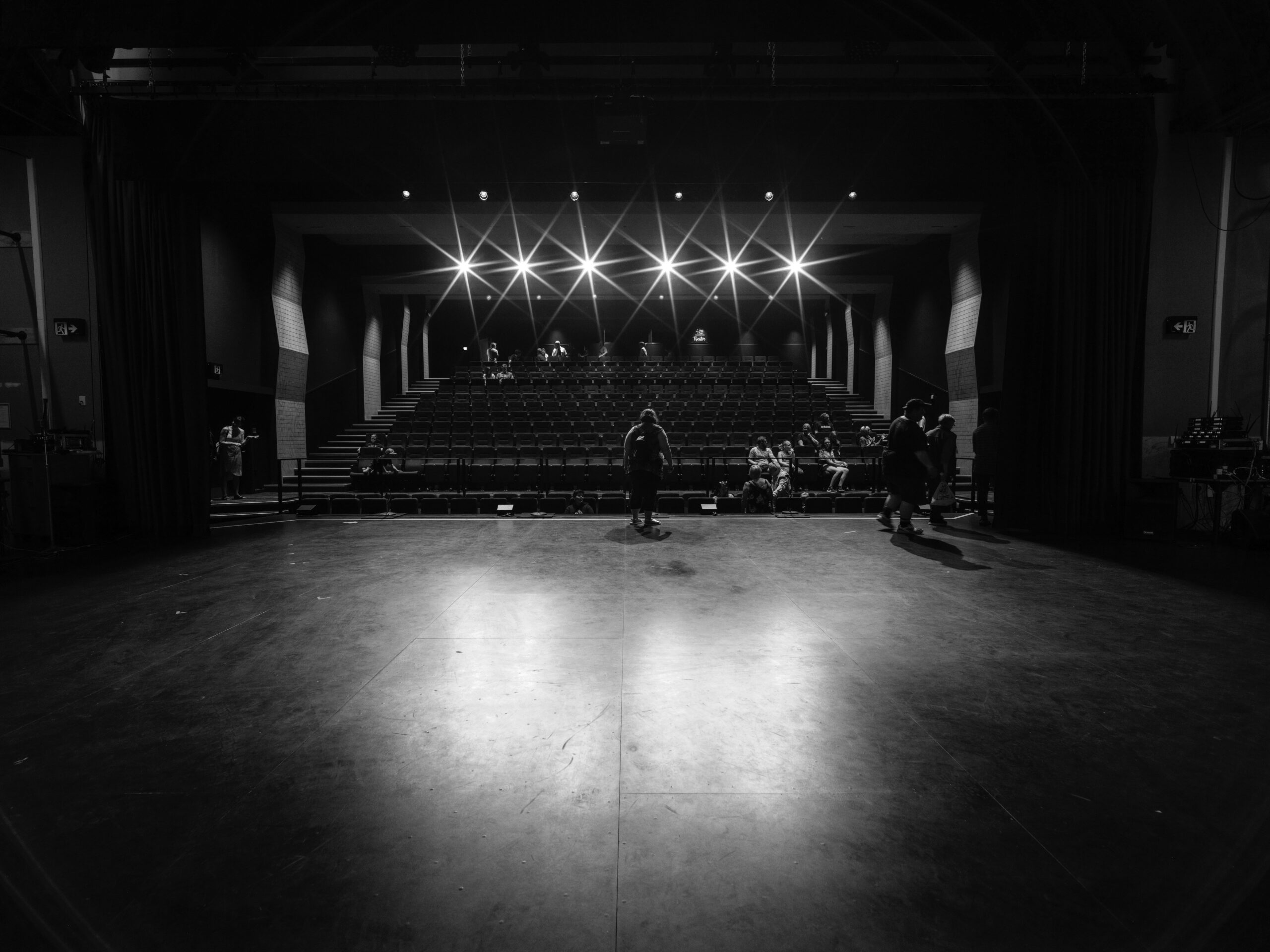This past October, a group of professional women’s soccer players, including stars Abby Wambach and Nadine Angerer, filed a lawsuit alleging gender discrimination against FIFA and the Canadian Soccer Association (the “CSA”) in the Ontario Human Rights Tribunal. The suit arose from the CSA’s and FIFA’s decision to use artificial turf instead of real grass for the 2015 women’s World Cup. All previous world cup tournaments and the upcoming men’s World Cup in Russia (2018) and Qatar (2022) have been played and will be played on natural grass.
However, now the players decided to drop the lawsuit. FIFA has a long standing reputation of sexism and favoritism to the male soccer players over their female counterparts, and with the dropped lawsuit, it seems as if they will continue to get away with it.
The complaint stated:
CSA and FIFA’s decision to hold the tournament on artificial turf is inherently discriminatory and injures an elite group of female athletes in three significant ways: (1) by forcing them to compete on a surface that fundamentally alters the way the game is played, (2) by subjecting them to unique and serious risks of injury, and (3) by devaluing their dignity, state of mind and self-respect as a result of requiring them to play on a second-class surface before tens of thousands of stadium spectators and a global broadcast audience.
They alleged that this behavior violates section 1 of the Ontario Human Rights Code, which states that “every person has a right to equal treatment with respect to services, goods and facilities, without discrimination.”[1] As the artificial turf on the field is considered to be an “inferior surface”, requiring female soccer players to play on that could constitute discrimination. Artificial turf is problematic, as it is known to cause increased and gruesome injuries. Hampton Delliger, a lawyer for the players, stated that “The difference matters: Plastic pitches alter how the game is played, pose unique safety risks and are considered inferior for international competition.” [2] Even more troubling, is that the cost to install real grass would only be about 3 million dollars, comparatively minimal for FIFA, an organization whose revenue topped 1.3 billion in 2013, and has cash reserves of more than 1.4 billion. (See Complaint).
While the players had expressed that they would rather this issue be solved during negotiations outside of court, FIFA remained stubborn and unwilling to negotiate on the matter. There were even allegations that some players had been threatened with sanctions if they proceeded with the lawsuit.[3]
Delliger said organizers suggested that even if the player won, they wouldn’t comply with the court’s ruling.[4] Wambach hinted that negotiations with FIFA were not going well on January 12 during a press conference, stating “How can I say this in a positive way? I think FIFA has made their decision and they’re sticking to it.”[5] As the June 6th start date of the tournament drew closer, it seemed as if timing may have gotten the best of this lawsuit. Wambach has maintained throughout the debacle that they would not boycott the event, and with the tournament rapidly approaching, the players had a need to know which turf would be used so they could properly train for the upcoming event.[6]
FIFA’s long standing reputation of sexism is apparent in the governance of the organization, and the complaint points out that all seven of FIFAs Vice Presidents are men and fifteen out of sixteen members of the Executive Committee are men. (See Complaint). Sepp Blatter, the President of this Executive Committee was quoted urging female players to wear “tighter shorts,” and expressing a view that “Football is very macho… It’s so difficult to accept [women] in the game”.[7]
It is unfortunate that the case was dropped, as it seems as if the players had a good case. The complaint cited the Canadian case Hawkins obo Beacon Hill Little League Major Girls Softball Team – 2005 v. Little League Canada (No. 2), 2009 BCHRT 12 (“Hawkins”), as being on point with this situation. In that case, a girl’s softball team won a gender discrimination suit when the boy’s softball team was provided with funding to travel for tournaments, but the girl’s team was not. These situations are similar as both women’s teams are being denied a privilege that was provided to the corresponding men’s team. (See Complaint)
ESPN Legal Analyst Lester Muson further discussed his surprise at the case being dropped saying,
I am totally surprised, I did not see this coming, I don’t think anybody saw this coming. They had a flawless case against FIFA and CSA, they were gonna win the case, FIFA was gonna be forced to reorganize the [Woman’s] World Cup, the woman would have achieved everything they wanted to achieve… I think [they are] taking the highroad and doing it for the betterment of the sport…they did this for the spot and not themselves.[8]
While their motivations may have been selfless, sadly, for the players, this means that they will have to play on the dangerous artificial turf, while FIFA continues to have its discriminatory behavior unchecked.
[1] Ontario Human Rights Code, R.S.O. 1990, H.19.
[2] Andrew Das, Stars Sue Organizers of Women’s World Cup Over Use of Turf, N.Y. Times (Oct. 1, 2014), http://www.nytimes.com/2014/10/02/sports/soccer/womens-soccer-stars-sue-world-cup-organizers-over-artificial-turf.html?_r=0.
[3] Abby Wambach, Players Drop World Cup Turf Suit, ESPN.Com (Jan. 2, 2015), http://espn.go.com/espnw/news-commentary/article/12205330/abby-wambach-players-withdraw-women-world-cup-lawsuit-use-artificial-turf.
[4] Laken Litman, Abby Wambach, players drop turf lawsuit against FIFA, USA Today Sports (Jan. 21 2015), http://www.usatoday.com/story/sports/soccer/2015/01/21/womens-world-cup-artificial-turf-lawsuit/22111983/.
[5] Marissa Payne, Abby Wambach says women’s World Cup players are still fighting the ‘turf war,’ but they won’t boycott event, The Washington Post (Jan. 14, 2015), http://www.washingtonpost.com/blogs/early-lead/wp/2015/01/14/abby-wambach-says-womens-world-cup-players-are-still-fighting-the-turf-war-but-they-wont-boycott-event/.
[6] USA Today Sports, supra note 4.
[7] Sonja Cori Missio, Blatter: ‘Football is very macho It’s tough to accept women in governance’, The Guardian (Aug. 5 2014), http://www.theguardian.com/football/2014/aug/05/sepp-blatter-football-macho-womens-world-cup#start-of-comments.
[8] Interview with Lester Muson, ESPN Legal Analysis, ESPN.Com (Jan. 2, 2015), http://espn.go.com/espnw/news-commentary/article/12205330/abby-wambach-players-withdraw-women-world-cup-lawsuit-use-artificial-turf.



